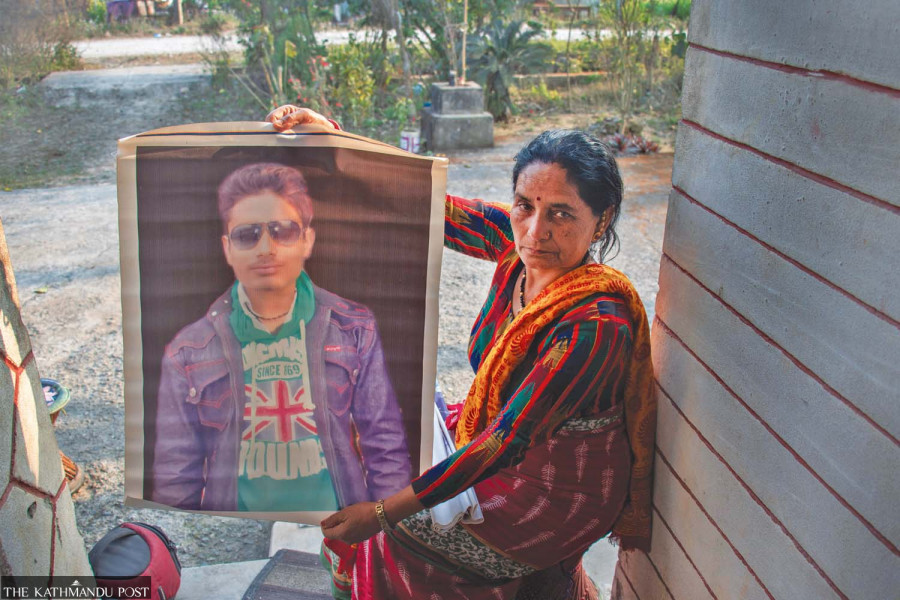Editorial
Dangerous destinations
We should create opportunities at home to ensure trafficking of Nepalis comes to an end.
That Nepalis have been leaving the country in droves in search of employment in labour-destination countries in the Persian Gulf and Southeast Asia is no news. Nepalis face various hardships, including physical injuries and deaths, as part of professional hazards. In most such cases, Nepalis go through established routes and legal channels. However, there is an entirely illegal enterprise of human trafficking in operation that promises to take Nepalis to Europe and North America, which has evaded attention for years. The Nepalis are travelling to faraway places like Turkey, spending between Rs1-1.5 million to get there. These Nepalis are leaving their homes to escape poverty, unemployment and hunger. As the Post reported on Saturday, Greece has been a transit point for trafficked Nepalis to enter other European countries for quite some time. Some other reports that appear few and far between point to the illegal route that leads Nepalis to the United States of America, navigating through over a dozen countries. While such cases of trafficking are unlawful, they are also dangerous, for Nepalis have been losing their lives in the dozens, and the government remains mostly clueless.
The journey often takes over six months, even a year, as they navigate illegal routes connecting 15 countries as they head to the US. Even after reaching their destinations, some Nepalis end up being deported to Nepal, losing their dreams of a settled life once again. The desperation to sustain life and livelihood has forced Nepalis to take risky routes. This is the story of the deferral of dreams and the dashing of hopes of the Nepalis for a prosperous future.
The Post, in its report, quoted a research article titled 'Transborder Crime Between Turkey and Greece: Human Smuggling and Its Regional Consequences', which claims that of the total migrants who enter Greece via Turkey, 14 percent head to the United Kingdom, 13 percent Germany, 6 percent Italy, 5 percent France, and 13 percent Greece itself. Nepalis reach Turkey by braving rough waters and rugged terrain and then head to Greece. Nepalis travel hand-in-hand with South Asian and African nationals, forming a camaraderie of desperate humans who travel to faraway lands through illegal routes for survival. But surviving the journey is often a matter of sheer luck as the migrants encounter hazards such as hunger, disease and accidents. The Nepalis are forced to take dangerous routes to their destinations and are unable to use formal means of transportation such as flights, buses and trains. The situation is so dire that as many as 21 migrants died in the first five months of 2022.
To add to the problem, the victims' families often refrain from informing the police since, in many cases, the agents are their relatives. A police complaint might mean the prosecution of the agents on trafficking charges. The avoidance has resulted in a data gap, so the police cannot claim authoritatively how many Nepalis remain stranded on their way to foreign destinations and how many have died. The government cannot let Nepalis die in the Mediterranean Sea and the jungles of Colombia and Panama as they tread the illegal route in search of work while there is so much scope within the country. It should put robust measures in place to stop the illicit trafficking of Nepalis. Importantly, it should create economic opportunities within the country, so Nepalis do not have to leave it for dangerous destinations.




 18.12°C Kathmandu
18.12°C Kathmandu














